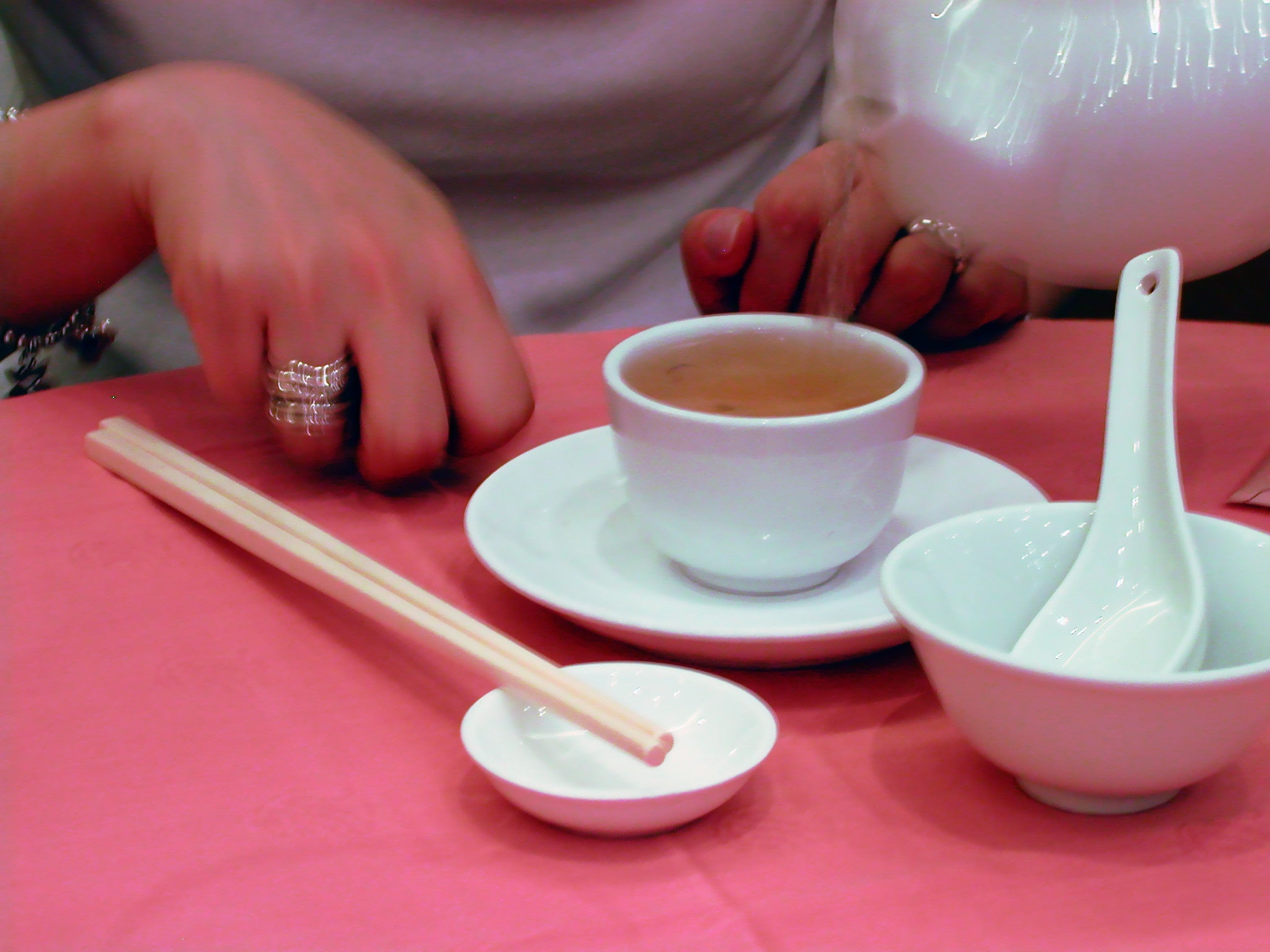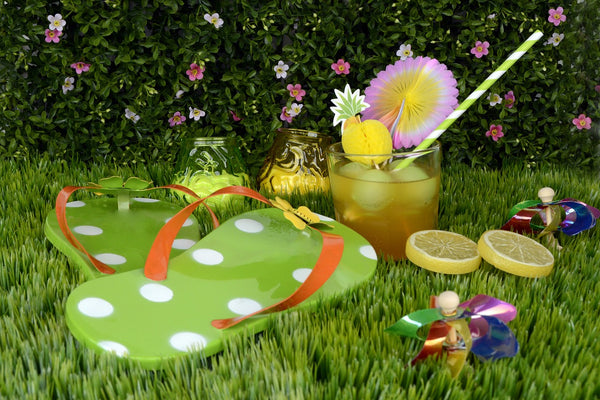
When I went to my cousin's wedding in Vancouver, I discovered there are a lot of Chinese customs that I was clueless to, which is pretty embarrassing considering I am half Chinese! One of the most interesting ones dealt with tea. Every time someone had their cup filled with tea by another person, they would tap two fingers against the table. At first I thought it was just a weird thing my family did, but then they explained to me it is actually an old Chinese custom for the Cantonese. There are a few reasons behind this.
It starts with Emperor Qian Long
The legion is that Emperor Long used to travel among the citizens in disguise to get a feel of how everyday people were living. One time he went to a restaurant with one of his servants and actually poured his servant a cup of tea (which is unheard of for an Emperor at that time.) The servant had to show he was grateful, but didn’t want to do a customary bow since it would blow the Emperor's cover, so he tapped his fingers on the table to show the Emperor that he was grateful.
But there is a more practical reason for doing this
If you ever eat with the Chinese they pour tea all meal long. And, like most other cultures, they like to speak and have a good time while they are eating. So, as you can imagine, if a person said thank you every time that their tea was poured it would constantly break up the conversation. The tapping of the fingers is a way to say thank you if you are in the middle of a conversation.
But a “Thank You” is always preferred
Just like any other customer, there is a time and place for tapping fingers. If you are with a quiet group it is always better to say “thank you” instead of tapping your fingers. It isn’t that big of a deal, but it would be weird if you were waiting in silence with one other person and only tapped your fingers when they poured you a cup of tea. Just think of it this way, you would never give a thumbs up to someone who did you a favor if you could just say “thanks!”
Photo: CC BY-SA 3.0
Leave a comment
Comments will be approved before showing up.


